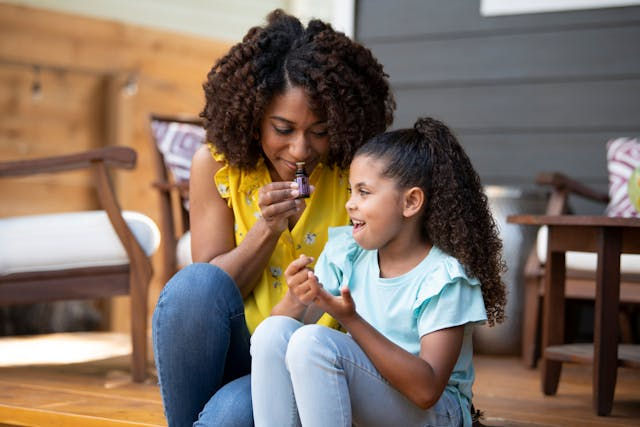

The Role of Integrated Medicine in Treating Chronic Back Pain Naturally
Learn how integrated medicine combines effective treatment and therapies for lasting relief from chronic back pain.


Understanding Chronic Pain and the Role of Multidisciplinary Therapy in Long-Term Relief
Explore the benefits of multidisciplinary therapy for chronic pain management, combining expert care for effective healing.


Why Postpartum Self Care Is About More Than Just Rest
Explore postpartum self care strategies for new mothers. Learn how to address physical changes and enhance emotional well-being.


How Smart Healthcare Software Is Transforming the Patient Wellness Journey
Explore the benefits of smart healthcare and learn how it can bridge the gap in patient engagement for your practice.


Cybersecurity in Healthcare Apps: Threats You Can't Ignore in 2026
Explore the importance of healthcare app security to protect patient data and ensure compliance with industry regulations.


Best Toothpaste for Receding Gums: Your Complete Roadmap to Healthier Gums
Find out how to combat receding gums with the best toothpaste options available. Learn more about effective dental care.


What Role Occupational Therapy Plays In Workers’ Compensation Recovery In Charlotte, NC
Explore the importance of occupational therapy in workers compensation cases for a smoother recovery process.


Overcoming Seasonal Depression Symptoms in Calgary
Identify seasonal depression symptoms and take control of your mental health during Calgary's long winters with our guidance.


The Hidden Health Impacts of Poor Posture
Understand how poor posture affects your well-being and daily function. Improve your health by correcting posture habits.







